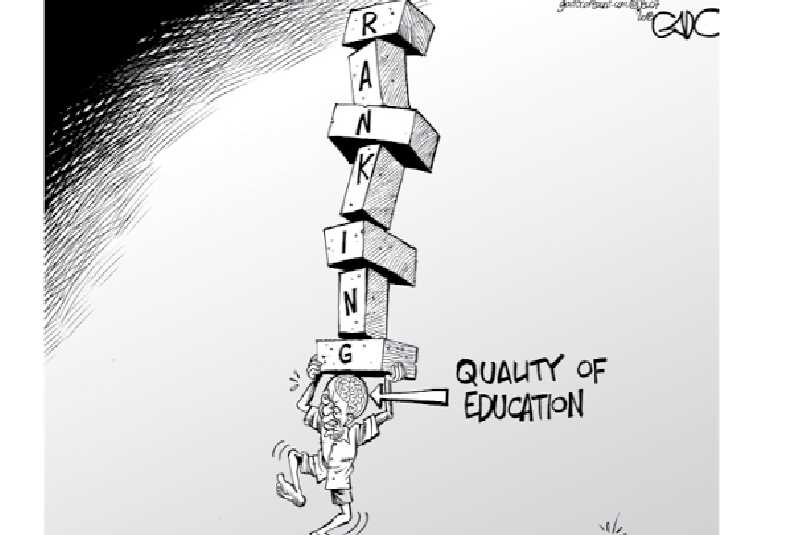×
The Standard e-Paper
Kenya’s Boldest Voice

Deputy President William Ruto brought so much opprobrium on himself recently when he suggested that universities should do away with arts courses because they don't match with the job market needs.